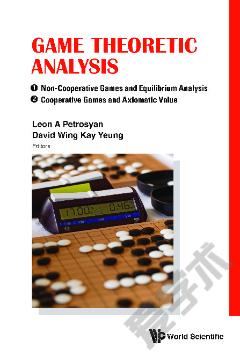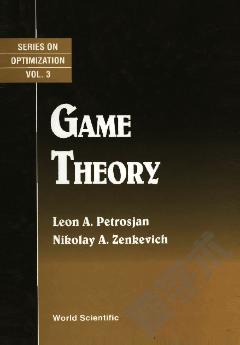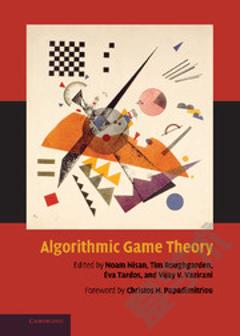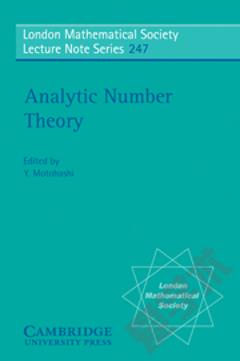Game Theoretic Analysis
This is a collection of recent novel contributions in game theory from a group of prominent authors in the field. It covers Non-cooperative Games, Equilibrium Analysis, Cooperative Games and Axiomatic Values in static and dynamic contexts.Part 1: Non-cooperative Games and Equilibrium AnalysisIn game theory, a non-cooperative game is a game with competition between individual players and in which only self-enforcing (e.g. through credible threats) alliances (or competition between groups of players, called 'coalitions') are possible due to the absence of external means to enforce cooperative behavior (e.g. contract law), as opposed to cooperative games. In fact, non-cooperative games are the foundation for the development of cooperative games by acting as the status quo. Non-cooperative games are generally analysed through the framework of equilibrium, which tries to predict players' individual strategies and payoffs. Indeed, equilibrium analysis is the centre of non-cooperative games. This volume on non-cooperative games and equilibrium analysis contains a variety of non-cooperative games and non-cooperative game equilibria from prominent authors in the field.Part 2: Cooperative Games and Axiomatic ValuesIt is well known that non-cooperative behaviours, in general, would not lead to a Pareto optimal outcome. Highly undesirable outcomes (like the prisoner's dilemma) and even devastating results (like the tragedy of the commons) could appear when the involved parties only care about their individual interests in a non-cooperative situation. Cooperative games offer the possibility of obtaining socially optimal and group efficient solutions to decision problems involving strategic actions. In addition, axiomatic values serve as guidance for establishing cooperative solutions. This volume on cooperative games and axiomatic values presents a collection of cooperative games and axiomatic values from prominent authors in the field.
{{comment.content}}








 京公网安备 11010802027623号
京公网安备 11010802027623号